Since 2008, Fundación NED has made a difference in healthcare and training in Zanzibar, Tanzania. Through its initiatives and projects, the foundation has achieved important milestones such as the inauguration of the NED Institute in 2014, the first center dedicated to neurosurgical care and training in the archipelago. Since then it has become a leading model of health cooperation in Africa for developing neurosurgery in low-resource health systems. More than 900 volunteers have participated in 240 cooperation missions contributing to improving the population’s medical and surgical care.
In 2021, Fundación NED took a further step with the opening of the House of Hope, a social-health center that emerged as a vital response to the notable increase in pediatric cases of hydrocephalus and spina bifida at the NED Institute. Before the existence of the Institute, the hospital’s capacity to care for this population was extremely limited. Although this situation has undergone a radical change, it still faces difficulties in meeting all the needs of these patients beyond basic medical care. It is precisely in this context that House of Hope emerges as a social-health center, providing continuous and multidisciplinary care for these children and their families. Services offered include accommodation, sustenance, adapted transport, physiotherapy sessions, and an innovative psychological neurorehabilitation program called “PsicoNED.”
PsicoNED: A comprehensive neurorehabilitation program
The project was born in 2023 as a response to the urgent need to address the neuropsychological sequelae that accompany hydrocephalus and spina bifida in children, taking into account the lack of similar services in Zanzibar. It was in this context that we began carrying out the first neuropsychological assessments of the children cared for at House of Hope or linked to the NED Institute. This was made possible thanks to the research project funded by the Universidad Internacional de Valencia (VIU) in collaboration with Fundación NED, entitled “Design of a Cognitive Assessment Protocol for Patients with Pediatric Hydrocephalus Resident in Zanzibar.” These more than 100 assessments made it possible to obtain an accurate diagnosis of each child’s needs and laid the foundations for the design of personalized and effective interventions.
We quickly detected that many families faced significant challenges in providing continuous care to their children. These challenges, both logistical and financial, were exacerbated by the physical care needs of children with reduced mobility. In addition, we found that some parents, due to the social stigma associated with hydrocephalus and spina bifida, chose to leave the family unit, rejecting their children and leaving mothers and other children in a situation of extreme vulnerability.
In response to this situation, we implemented practical solutions, such as the purchase and adaptation of a van, which greatly facilitated transfers to the hospital and to House of Hope, thus alleviating some of the burden faced by these families. Likewise, the temporary accommodation provided to these mothers in more vulnerable economic or family situations became an integral part of our response to address these urgent needs.
After the assessments, in collaboration with the center coordinator and local and Spanish volunteers, specific interventions were designed that are already underway, thus marking a significant step toward comprehensive and effective care.
This comprehensive care includes:
1. Thorough assessment
- Each participating child undergoes a comprehensive assessment covering neuropsychological, physical, emotional and social aspects to determine each child’s specific needs.
- Standardized tools and tests that have been adapted are used, as well as press conferences with the parents and direct observations, to obtain a complete understanding of each child’s profile and situation.
2. Personalized interventions
- Based on the assessment results, individualized intervention plans are designed and focused on each child’s specific needs.
- These plans include stimulation and cognitive rehabilitation activities adapted to each child’s abilities and challenges. They are carried out both individually and in small groups, allowing for more personalized and effective care.
- In addition, the digital platform NeuronUP is used, offering a wide variety of resources and tools specifically designed to work with children with hydrocephalus and spina bifida. This facilitates individualized monitoring of each child and enables effective coordination among the professionals involved in their care.
3. Peer support among mothers
- Recognizing the importance of emotional support and collaboration among families, group and individual meetings with mothers are organized.
- These meetings offer a safe space where mothers can share their experiences, concerns and difficulties. Guidance and emotional support are provided, as well as strategies to cope with the daily challenges associated with caring for a child with special needs.
- The aim is to foster mutual support among mothers, thereby strengthening their ability to face difficulties and promoting a caring and understanding environment within the community.
This comprehensive approach, which combines thorough assessment, personalized interventions and peer support among mothers, seeks to provide holistic, child-centered care that addresses not only their physical and cognitive needs but also their emotional and social aspects.
NED Model
An essential pillar of the project lies in training local professionals, giving them the tools and knowledge necessary to lead and expand these services. Fundación NED is committed to promoting the training of more professionals, thus expanding the program’s reach and ensuring its accessibility to a larger number of people.
The NED Model, conceptualized to guide this process, encourages external support in the initial stages of the project, but with the goal of gradually reducing this dependence until full autonomy of the local team is achieved. To do this, the ETE method is employed: Equip, Treat and Educate. The ETE method involves a comprehensive strategy that seeks to simultaneously equip, treat and educate in all interventions carried out.
From the PsicoNED program:
- We strive to equip the local team by providing the materials and tools necessary for the assessment and intervention of the children.
- In addition, volunteers conduct intensive neuropsychological intervention sessions, providing direct and specialized care.
- Finally, we organize regular training sessions for the local House of Hope team, strengthening their skills and knowledge in the field of neuropsychology. Each volunteer mission includes training sessions aimed at this purpose, ensuring quality care in the present and laying the foundations for a sustainable and self-sufficient future in the provision of services to the community. In addition, weekly meetings are held dedicated to training and supervision of the work carried out, further consolidating our commitment to training the local team.
This approach not only guarantees quality care in the present but also lays the foundations for a sustainable and self-sufficient future in service provision.
Objectives for the future
- Consolidate a reference service: Our main objective is to make PsicoNED a reference cognitive neurorehabilitation service in the Zanzibar area. We seek not only to provide specialized care to children with hydrocephalus and spina bifida, but also to ensure that this service is accessible to as many people as possible who need it. In addition, we intend to expand the functions of the PsicoNED program, promoting awareness and sensitization about hydrocephalus and spina bifida. We want to fight the stigmatization that surrounds these medical conditions, and thus contribute to creating a more inclusive and understanding society.
- Strengthen relationships with families: We recognize the importance of supporting not only the children but also their families. For this reason, we are committed to promoting psychoeducation and creating mutual support spaces for families. We want to provide them with tools and resources so they can better understand their children’s needs and face the challenges that arise. In addition, we will strive to offer more diverse and group activities that foster family cohesion and the creation of support networks among participants.
- Expand the program’s reach: We aim to broaden the reach of the PsicoNED program to include other people who may benefit from a service of this nature. In addition to continuing to provide care to children with hydrocephalus and spina bifida, we will explore the possibility of extending our services to other populations facing similar challenges.
In summary, the PsicoNED program strives to offer comprehensive care to address the needs of children with hydrocephalus and spina bifida, as well as their families. With the aim of becoming a reference service, PsicoNED seeks to expand its reach and promote awareness about these medical conditions. In addition, Fundación NED’s commitment to training and capacity building of local staff reflects its vision of a sustainable and self-sufficient future for the program.
The PsicoNED project is an example of how collaboration, innovation and commitment can make a real difference in people’s lives.
Don’t miss other related content about the Zanzibar project:
“This article has been translated. Link to the original article in Spanish:”
La Fundación NED impulsa la neurorrehabilitación en Zanzíbar: Un programa integral para niños con hidrocefalia y espina bífida
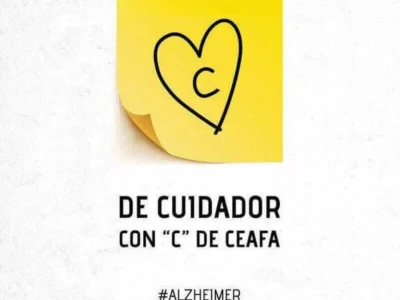
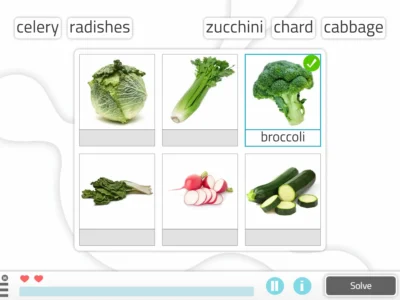

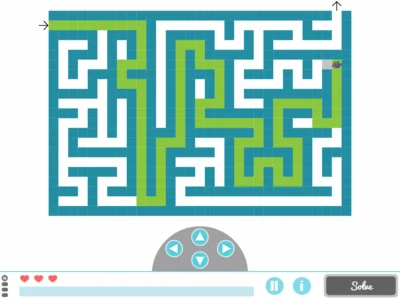
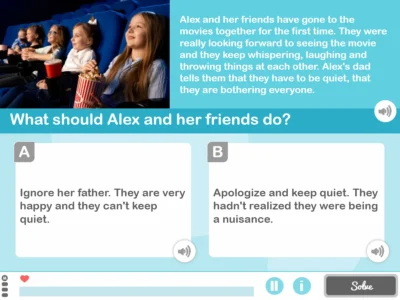
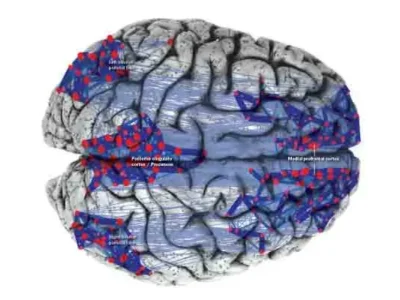
 Inhibition Game for Kids: Lightning Categories
Inhibition Game for Kids: Lightning Categories
Leave a Reply